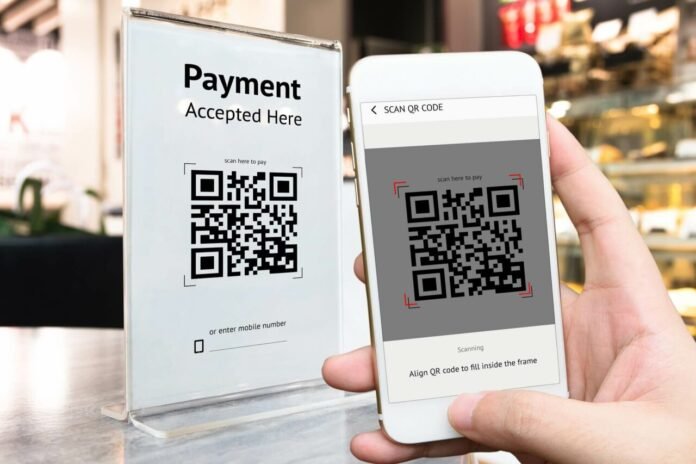Towards promoting digital transactions, women street vendors in Nagaland have been equipped with QR codes to facilitate cashless payments. This initiative aims to empower these vendors and bring convenience to customers through the use of digital payment methods.
The scheme, initiated by the Nagaland government, focuses on enhancing financial inclusion and encouraging the adoption of digital technology among street vendors, especially women, in the state. By providing QR codes, the government intends to enable seamless and secure transactions for their goods and services.
The introduction of QR codes simplifies the payment process, allowing customers to make purchases without the need for physical currency. This not only benefits the vendors but also aligns with the larger goal of a cashless economy.
Officials believe that this move will not only modernize transactions but also enhance the financial independence of these women vendors. It’s a step towards empowering them by enabling them to manage their earnings more effectively and securely.
More About It
Moreover, this endeavor is part of a broader strategy to boost digital infrastructure and financial literacy in Nagaland. By integrating technology into everyday transactions, it aims to familiarize vendors and customers alike with the ease and advantages of digital payments.
This initiative has received positive feedback from both vendors and customers. Vendors appreciate the convenience and security of digital transactions, while customers find it a hassle-free way to make purchases, especially in today’s fast-paced world.
Government representatives have expressed their commitment to further expand this initiative to encompass more vendors across various sectors. Their vision is to create a more inclusive and digitally advanced marketplace that benefits vendors, customers, and the economy as a whole.
The use of QR codes for women street vendors marks a progressive step in the state’s push towards a more digitally-driven economy. As the digital landscape continues to evolve, such initiatives are expected to play a pivotal role in fostering financial inclusivity and convenience for both vendors and customers.


